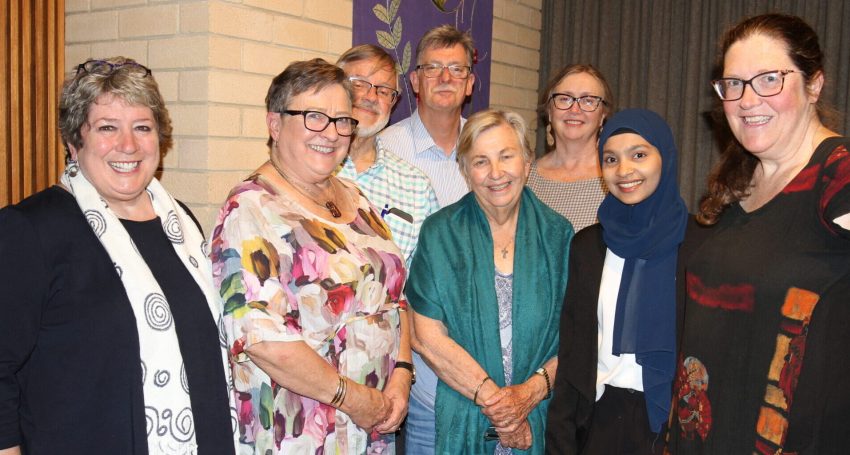Advocates call for action on 'forgotten' refugees
Local
Local advocates for refugees and asylum seekers have called on the government to “stop moving the goalposts” and implement policy changes that will assist the “forgotten people” who remain in limbo.

Addressing the Justice for Refugees SA (J4RSA) annual general meeting, chair Chris Keating said the organisation had taken every opportunity over the past 12 months to remind the government that it had a “moral and political obligation” to fulfil its promise to put Australia’s refugee policy “back on the right course”.
“We recognise there are no simple solutions for some of these problems but we are convinced that small changes in policy can have a huge impact on the lives of so many refugees,” Mr Keating said.
Advertisement
“The system for processing claims for protection continues to inflict crippling uncertainty and very real suffering on the people subject to it, while burdening Australian taxpayers with an unjustifiably high moral and economic cost.”
Mr Keating said J4RSA was particularly concerned about the plight of refugees and asylum seekers currently living in detention in Papua New Guinea – many held there for 10 years.
“Some of the people are extremely ill both physically and mentally with medical facilities in PNG offering inadequate support,” he added.
Referring to the UNHCR’s 2022 Global Trends report, Mr Keating said there were nearly 24.3 million people in the world who are refugees, with 5.1 million in refugee-like situations and 5.2 million in need of international protection.
The devastating consequences of conflicts in places such as Ukraine, Palestine, Syria and South Sudan mean this number was likely to grow.
Speaking as part of a panel discussion entitled ‘Still in Limbo’, migration agent Libby Hogarth said many in the community believed that people who arrived in 2012/13 by boat had received their visas and “got on with life”, however for many that was not the case.
Describing them as the “forgotten people”, Ms Hogarth said the visa process was frustrating as the government “kept moving the goalposts”.
“Immigration rules are constantly changing. Not only is it confusing for the clients it is incredibly confusing for us who work with them and they (the rules) are incredibly unjust, particularly for the cohort who arrived by boat,” she said.
“We are at the coal face and sometimes we get angry with the people in Canberra…we have the people at the door and when the Taliban took over we had people lined up outside the office, people absolutely desperate.
“Every day we get phone calls from all over Australia – people saying ‘please can you help us, you must help us, do you understand what the situation is’… it is just heartbreaking.”
As a matter of urgency, she called on the government to “change the immigration fees, change the definition of what a dependant is, and process applications more quickly”.
Meanwhile, J4RSA has voiced its concern at the “highly politicised and partisan political and media debates” that have ensued following last month’s High Court ruling that indefinite immigration detention was unlawful.
Advertisement
“The fever pitch of populist rhetoric has led to unnecessary confusion and anxiety in the general community about the status and nature of the detainees subsequently ordered to be released from indefinite detention,” Mr Keating said.
“The community has a right to feel and be safe – but it should not be led into dehumanising a whole category of people based on poor information and incorrect assumptions.
“Many are unaware that the people formerly held in indefinite immigration detention have already completed any court-imposed prison sentence.
“It is true that some of the people released have been convicted of and have served sentences for serious offences. But others have no convictions; have convictions for which they did not receive a sentence requiring imprisonment; or have convictions for which they served a very short prison sentence.”
Mr Keating said the ‘emergency’ legislation recently introduced would impose conditions that effectively replace indefinite detention with “indefinite surveillance and indefinite restriction on basic liberties and freedoms”.
“These new laws have the potential to continue to traumatise people whose mental and physical health has already been negatively impacted by indefinite detention,” he said.







